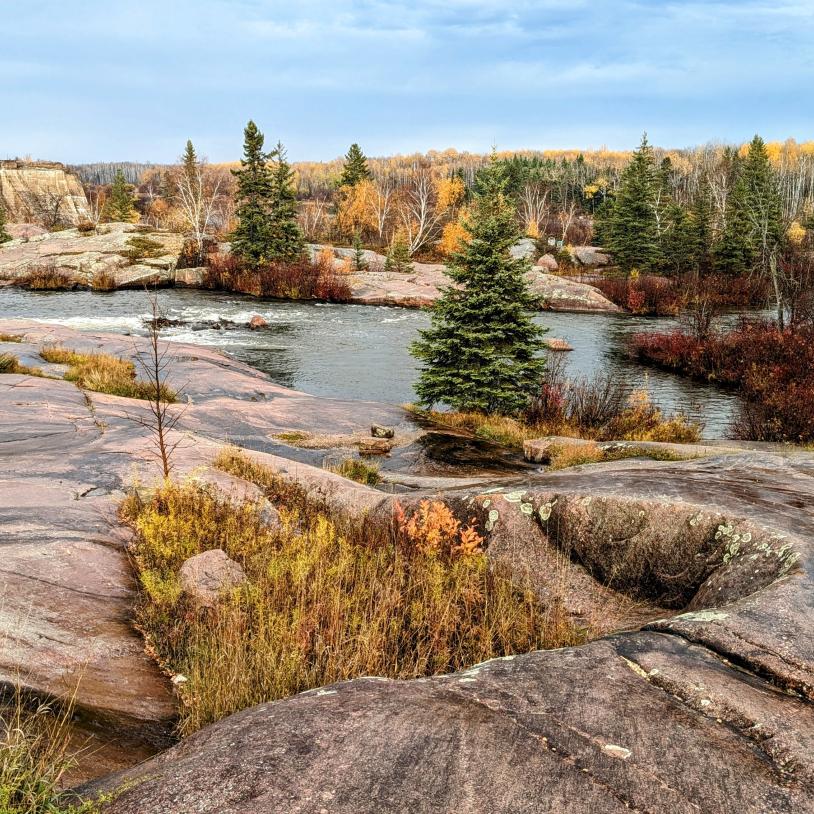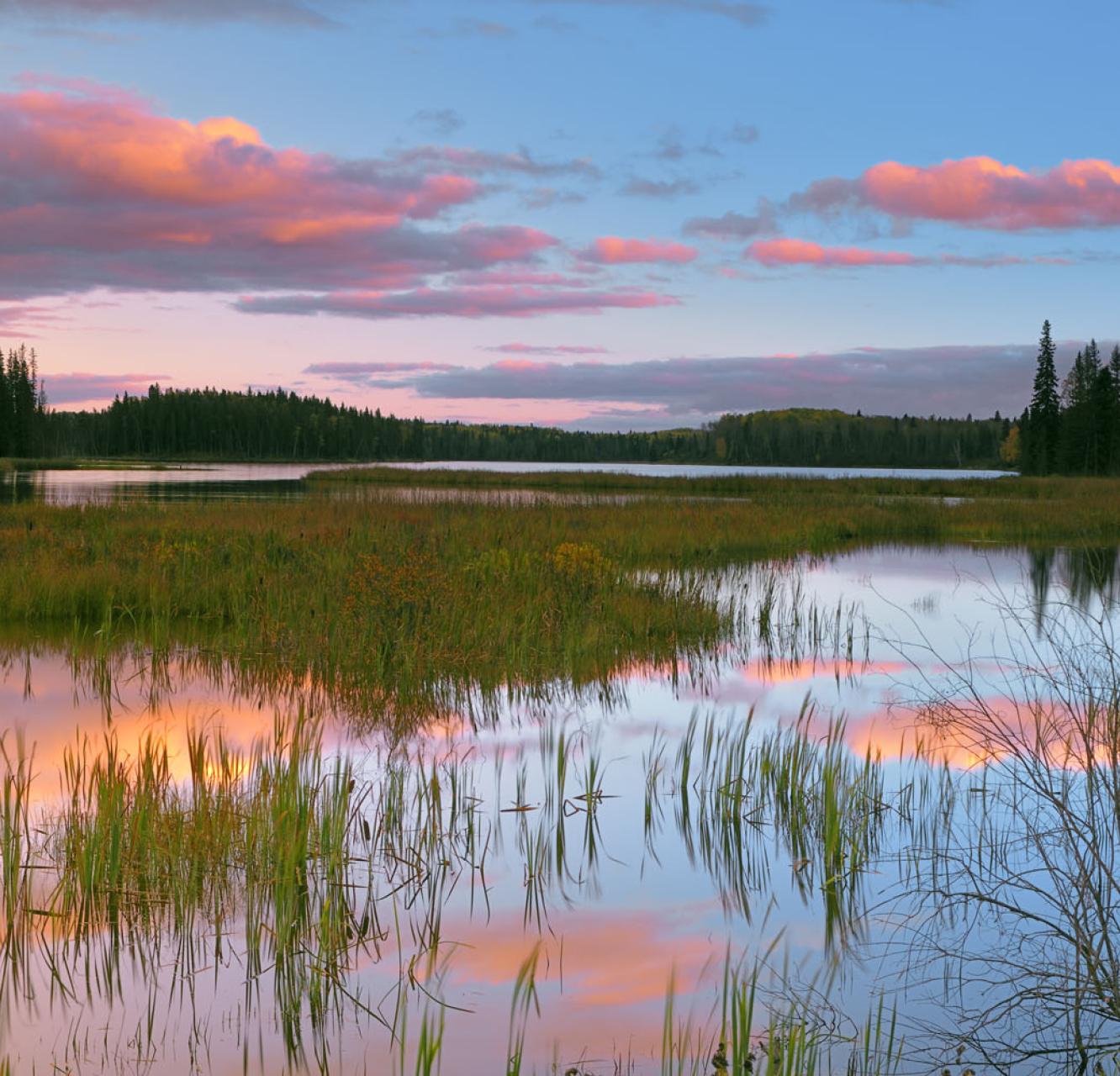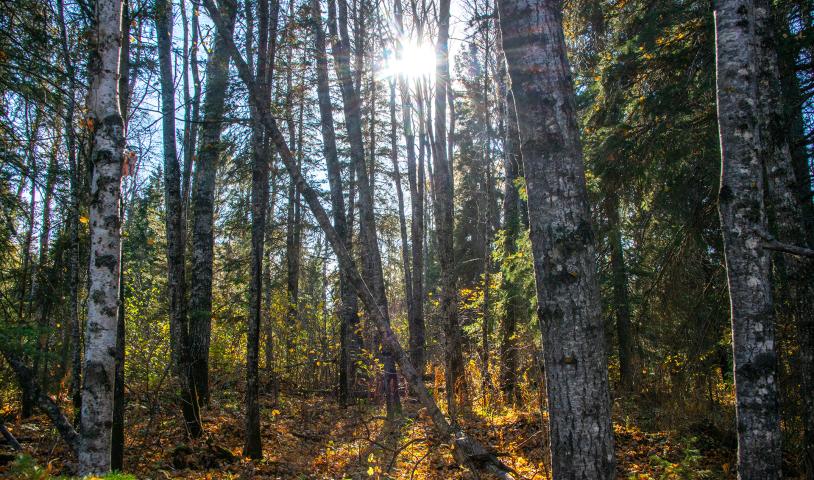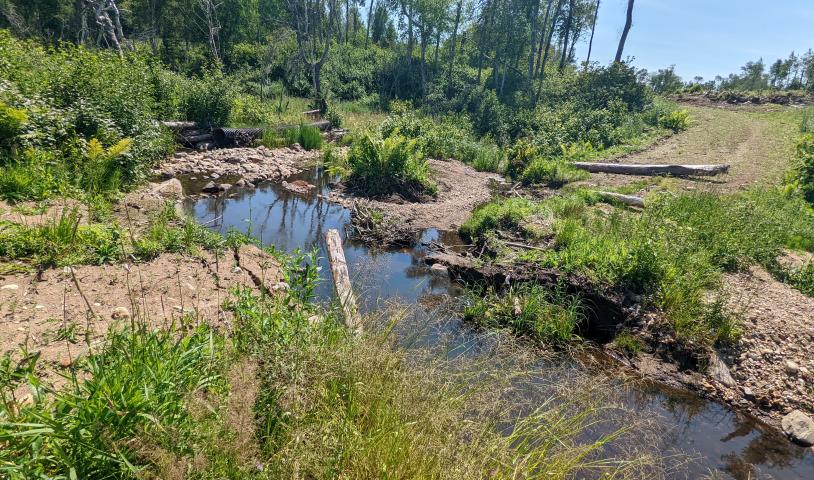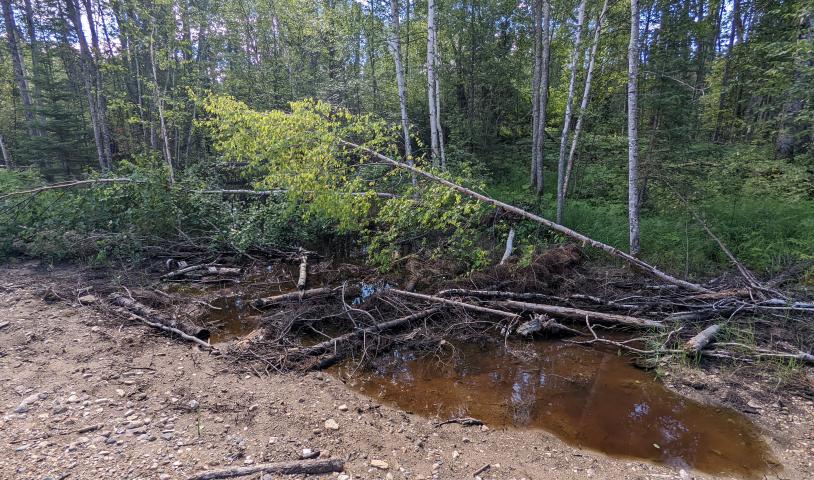Mill's logging licence in park extended
Friday, January 3, 2020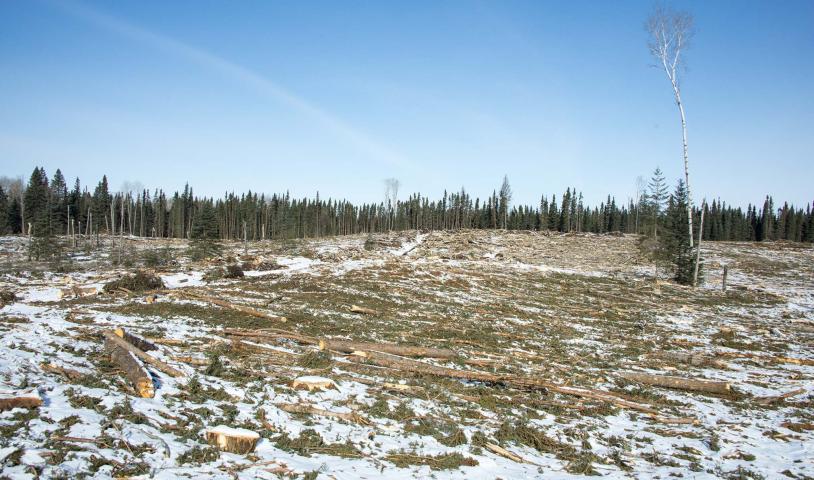
Wilderness Committee denounces decision on Duck Mountain
The Manitoba government has renewed the logging rights of a U.S. company in Duck Mountain, the only one of Manitoba’s 92 provincial parks where the practice hasn’t been banned.
The licence for Louisiana-Pacific Canada Ltd., which runs a mill near Swan River that employs 500 workers in the region, was extended for at least two years.
Eric Reder, the director of the Wilderness Committee’s field office in Manitoba, called the licence extension "a travesty."
"It’s a flat-out lie that we need to log this park," said Reder, who pointed out that Duck Mountain is one of only two provincial parks in Canada where logging is permitted. The other is Algonquin Park in Ontario. "How do you explain that parks around the country aren’t being logged and yet are still being managed?"
The licence was set to expire today, but in an email to the Free Press, the province confirmed the licence had been extended.
The spokesperson said the Pallister government is "committed to responsible and effective resource development while ensuring the sustainability of our natural landscapes, their habitats and the green benefits they provide today."
Responsible logging can create forest growth and enhance wildlife habitat, the spokesperson said.
The Free Press contacted Louisiana-Pacific multiple times, but received no response.
Louisiana-Pacific first applied for the licence in the mid-’90s, and received permission to harvest timber in specified areas of the park. Since the original term ended in 2005, the publicly traded U.S. company has been granted a series of licence extensions.
The management plan for the provincial park earmarks 214,287 acres, or 61 per cent, for commercial use, including forestry. About one-third of the area is protected from logging and mining, plus the development of oil, petroleum, natural gas or hydroelectric power.
The park has a variety of elk, moose, white-tailed deer, fox, coyote and timber wolf, plus a wide range of waterfowl and songbirds, the plan says.
It also has aspen, black poplar, white birch and jackpine, which are used to produce oriented strandboard and other timber-based products.
Dan Soprovich, a wildlife biologist and consultant who worked for the government as a regional wildlife biologist in the 1980s, has opposed the operation in Duck Mountain since it began. He said logging has significantly diminished the forest’s conifer density and overall genetic variability.
Vince Crichton, a wildlife biologist and the province’s moose expert, calls logging a "double-edged sword" for wildlife. For moose, fallen trees mean better access to nutrients in leaves that otherwise would be out of reach. But it also means easier access for hunters, and less tree cover to protect the animals. While new species might move in, a whole suite of indigenous ones could just as easily be forced out.
Duck Mountain’s purpose, under the provincial park plan, is "to preserve physical features and biological communities" of the region, while accommodating recreational opportunities and resource uses, including commercial activity where it doesn’t compromise other park purposes.
Chuck Karney of Roblin has driven to Duck Mountain each weekend for 25 years to work his traplines. He said he’s lost about half of his traplines to the forestry operation.
He said the licence extension is a compromise. "It all comes down to dollars, and it creates employment, of course," Karney said. "But they’ve pretty well destroyed the ecology up there," he said.
The provincial spokesperson called the operations in Duck Mountain "a great example of responsible management of Crown lands and resources to support multiple values, including recreational activities and economic development." The spokesperson said the licence extension would allow for review and consultation of Louisiana-Pacific’s 20-year forest management plan.
Reder said the licence extension means the government is failing to protect valuable natural resources. He said that’s become more pressing because of climate change.
Soprovich said it shows the government’s lack of willingness to seriously consider the environmental effect of the logging operation in the past few decades.
"It’s a complete policy failure when it comes to applying science and environmental assessment to the issue," he said.
Read the original article published by Winnipeg Free Press by clicking here.
